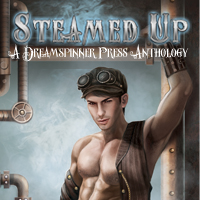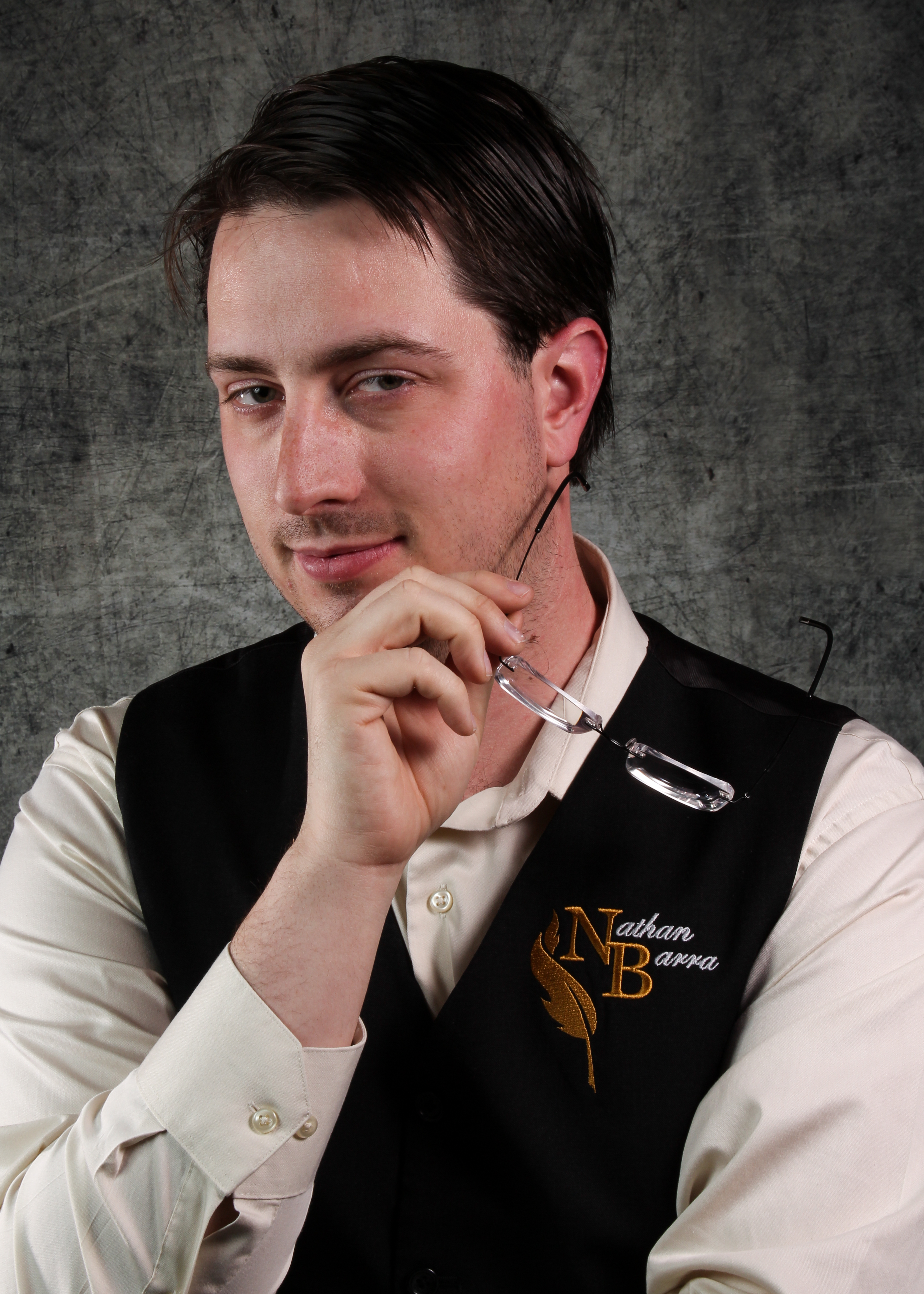How-to, self-help and inspirational non-fiction books abound. People write a non-fiction books because it’s faster than writing fiction, people pay money for information and they have something to share. But where does one start?
FIND THE PERFECT IDEA
Finding the perfect idea means knowing what kind of information people will pay money for. To find this idea you can:
- find one question people really want answered. What is a frequently asked question that doesn’t have an adequate answer?
- ask or survey your readers, friends, an interest group, fellow hobbyists. Ask what concerns them, what their problems are, and what they want to know.
- participate on forums, ask questions, find out what the target group really wants to know, debunk a myth or misinformation.
- do a how-to. Whether it’s cooking, software, athletics, fitness, weight loss, crafts, arts, writing, we all want either learn or improve upon skills.
- find a blog topic that has lots of frequently asked questions. It may be opportune to have all those questions asked and answered in one spot.
KNOW WHAT’S SELLING AND WHAT ISN’T
Now that you’ve got an idea, it’s time to test it. Writing a non-fiction best seller means you must do the market research, understand the problem or knowing what people are willing to pay for. After all, you want to target those people who need your information.
Study the niche and the bestsellers within your niche either at a bricks and mortar book store or online. Look at covers – what’s appearing on the covers of those ranking highest in sales? Who are the pictures of men, women, abstracts, pets, food appealing to? Analyze everything you can see – title length, font. The high ranking books will tell you as what appeals to buyers. Read the table of contents, tags and any information you can find. Most importantly, read the reviews! People will say why they liked a book but also why they don’t and knowing why they don’t may provide the best insight on what you should offer.
Check how many similar books there are and their rankings. If your idea has been done a million times before and the books aren’t popular, scrap it. There may not be a desire for such a book, but if you’re determined to write it, make sure you have a unique twist on it and that you’re answering a problem that customers have. Otherwise, it isn’t worth your time and energy to rank at 256,000.
WORK THE IDEA
You’ve got an idea now but aren’t sure where to take it. You’ve done your preliminary research, seen what the market is responding to, now what? Start writing. Ask more questions. Ask your target market more in-depth and specific questions. This may be in the form of a blog post, a survey or interviews to test the idea. Their responses will help you find the gaps in your information, broaden or narrow your focus and they will, most assuredly, ensure that you’re giving them information they need and are willing to pay for. Most importantly, you’ll be keeping them engaged in the process, anticipating the final result and they’ll be your first buyers.
GIVE THE IDEA FORM
Study the best sellers to understand not only what they’ve said, but how they’ve said it. Although I’m interested to see how movie stars and high profile people have written their books, I know that readers will give them more leeway when it comes to paragraphs of dribble and useless information. I personally don’t like how-to books filled with pages of blah, blah, blah. Expand on a point and explain a concept to be sure I understand it and its context, but drivel for the sake of drivel, doesn’t work.
- give it context and your personal touch by saying why you’re writing this – is there a personal story in this that will make it easier for people to relate to you and the book?
- answer the question (s) by providing useful, helpful content. People buy non-fiction for the information, not for reams of literary prose. If you don’t know it, don’t make it up.
- expand your answer with examples. Examples can be in the form of case studies or personal stories. Are there real examples from people you have helped or from someone who has solved the problem? Examples serve to motivate and inspire.
- consider using step by step methods to provide solutions, graphs and charts to explain.
- write with a view to entertain, don’t be dull and boring. A book that is easy to read, easy to scan with good grammar and editing sells better.
ENJOY THE PROCESS
Fiction or non-fiction, people will glean your enthusiasm for the subject in how you write. The more excited you are, the more fun you’ll have with the market research. Your enthusiasm will become infectious and people will want to buy it because they want to know what all the excitement’s about!
The key to writing a best selling non-fiction book is to know your market and to keep it simple while solving someone’s problem. And that problem may be as simple as fixing a bathroom sink or wanting your grandmother’s recipe for pickled beets. But no matter the topic, enjoy the process – enthusiasm is infectious!




 Evan Braun is an author and editor who has been writing books for more than ten years. He is the author of The Watchers Chronicle, whose third volume, The Law of Radiance, was released earlier this year. In addition to specializing in both hard and soft science fiction, he is the managing editor of The Niverville Citizen. He lives in Niverville, Manitoba.
Evan Braun is an author and editor who has been writing books for more than ten years. He is the author of The Watchers Chronicle, whose third volume, The Law of Radiance, was released earlier this year. In addition to specializing in both hard and soft science fiction, he is the managing editor of The Niverville Citizen. He lives in Niverville, Manitoba.